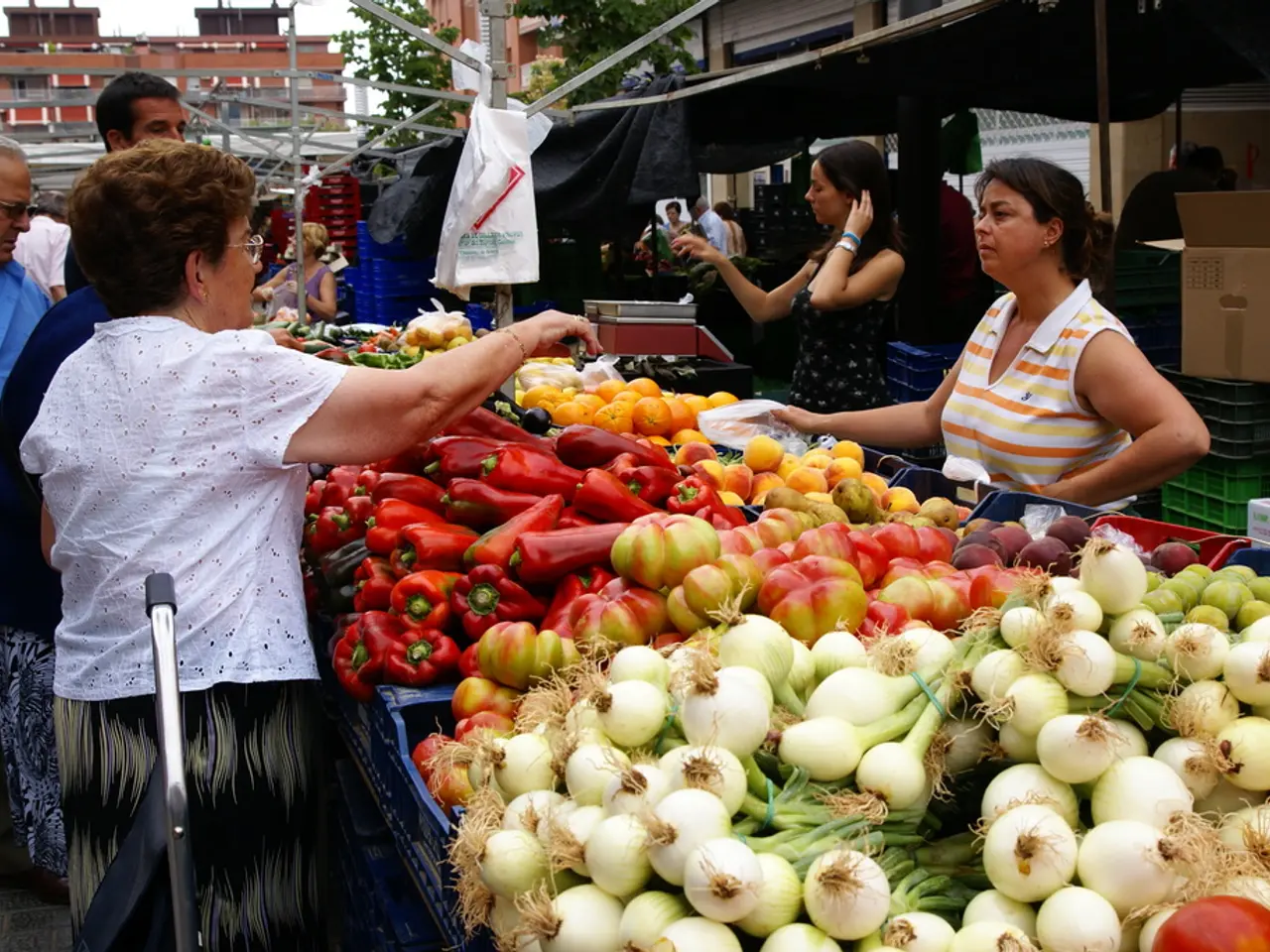International Agreement on Eliminating Plastic Debris
In the ongoing United Nations conference in Geneva, a draft agreement aimed at curbing plastic pollution has faced a significant hurdle. Dozens of countries, including several oil-producing nations, have expressed shock at the last-minute removal of ambitious goals and requirements for governments from the treaty.
The treaty, which aims to address the full life cycle of plastics, including production, is designed to achieve a systemic transformation toward plastic circularity and reduce plastic pollution. This entails measures that could limit plastic production itself. However, oil-producing countries have been resistant to such production limits.
These countries prefer weaker, voluntary measures focusing on waste management rather than strict, binding production restrictions on plastics, which are largely derived from oil and gas feedstocks. Their resistance is linked to the economic implications, as plastics are a major downstream market for fossil fuels. Limiting plastic production directly impacts oil demand and profits.
More than 120 countries support the demand to limit the use and production of plastic to a sustainable level. The EU, for instance, is willing to act on plastic pollution, but not at any cost. Jochen Flasbarth, State Secretary in the German Federal Ministry for the Environment, acknowledged the colossal problem of international plastic pollution, calling for sustainable limits on plastic production.
Graham Forbes, head of the Greenpeace delegation, criticised the potential agreement as a gift to the petrochemical industry and a betrayal of humanity, ignoring the root of the problem: the relentless production of plastic. Critics from Kenya, the Philippines, and numerous other countries argue that the new draft agreement is merely a waste management plan, not an ambitious solution.
Even oil-producing Saudi Arabia, which has long opposed production limits, has criticised the text of the agreement. The EU Environment Commissioner, Roswall, stated that while plastic is a useful product, plastic pollution must be stopped. The goal is to phase out certain single-use plastic products like straws or polystyrene cups worldwide.
Negotiations were scheduled to conclude on Thursday, but the potential failure to reach a global agreement may result in a meager initial outcome. A lowest common denominator agreement is not an option, according to the representative of the United Kingdom. The UN Environment Assembly adopted a plastic treaty in 2022, which covers the entire lifecycle of plastic, from production to design and disposal.
Plastic littering oceans and the environment is causing harm to ecosystems, killing fish and other organisms, and posing a threat to human health. Micro and nano plastic particles have been found in organs and even in the brain, and studies suggest they can impair the immune system, accumulate in arteries, and promote inflammation.
Oil-producing countries view production limits as a red line, fearing a decline in their businesses. Flasbarth also stated that production volumes are not sustainable and the continuous addition of plastic must find limits. The conference's outcome remains uncertain, with the global community watching closely as delaying measures on plastic pollution could prove costly to ecosystems and public health.
Read also:
- Everyday Life Protection Strategies in Emsland: Insights from Experts on Heat Resistance
- Lefties having a creative edge and greater athletic prowess - a common belief explored?
- Trauma-Induced Dissociative Conditions Related to Bond Attachment
- Understanding Cyclic Edema: Its Definition and Characteristics




